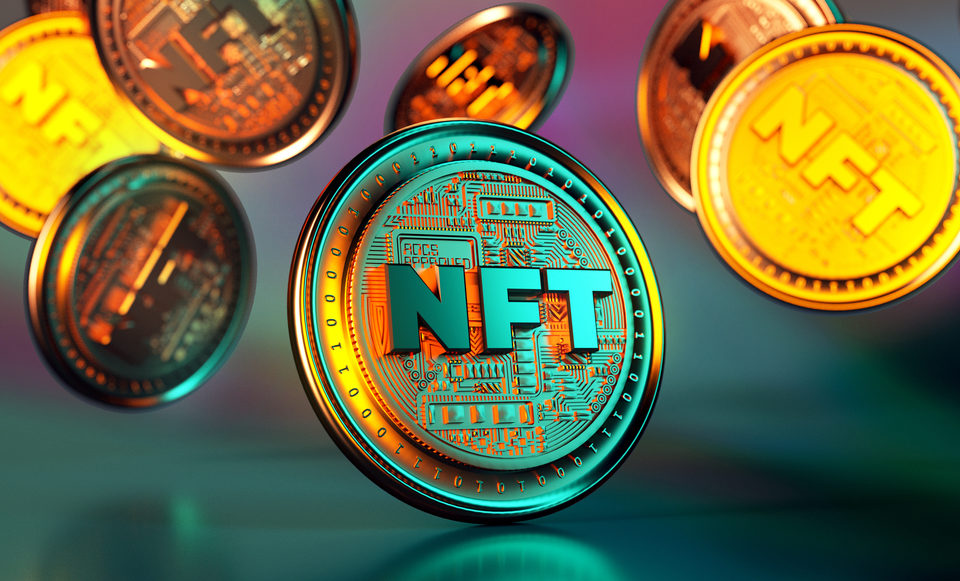
Details on Wendy Williams Guardianship
January 15, 2025
$31 Million in Social Security Paid to Dead People Recovered
February 10, 2025In 2013, James Howells accidentally discarded a hard drive containing 8,000 Bitcoins which is now worth over $750 million. For over a decade, he has requested permission to excavate a landfill in Newport, Wales, where he believes his hard drive is located, but his efforts have been denied. While his story highlights the rise of cryptocurrency, it is also a reminder of the importance of including digital assets in estate planning.
As technology continues to redefine how we create and hold wealth, the need for secure and thoughtful estate planning has never been greater. Digital assets, such as cryptocurrency, online accounts, and digital intellectual property, represent a growing portion of individual wealth, yet, many people fail to adequately address these assets in their estate plans.
Key Steps to Protect and Plan for Digital Assets
To avoid any financial pitfalls, individuals and families must take proactive steps to secure their digital wealth. Here are a few tips to get started:
- Inventory Your Digital Assets
Compile a comprehensive list of all digital holdings, including cryptocurrency, digital wallets, online accounts, and intellectual property. Include detailed instructions on how to access these assets as well. - Use Secure Storage Solutions
Cryptocurrencies, in particular, should be stored in secure hardware wallets or other cold storage solutions to minimize the risk of loss or theft if they are held for long periods. - Appoint a Digital Executor
Designate someone who is tech-savvy and trustworthy to manage your digital assets in the event of your incapacity or passing. - Include Digital Assets in Your Estate Plan
Work with an attorney to ensure your estate plan specifically addresses digital assets. This includes incorporating provisions for accessing and transferring these assets. - Document Access Instructions
Securely record private keys, passwords, and other access credentials in a way that is accessible to your executor or heirs. Tools like encrypted vaults or services specializing in digital estate management can be helpful.
Including digital assets in estate planning isn’t just a best practice, it is essential for protecting your legacy. Whether you hold cryptocurrency, maintain a robust online presence, or manage significant digital intellectual property, working with attorneys who understand the nuances of digital estate planning is crucial.
At The Estate Planning & Legacy Law Center, we understand the unique challenges posed by digital assets. Our team is committed to helping you develop a comprehensive estate plan that protects all aspects of your wealth. Contact us today to learn how we can help you secure your legacy and provide peace of mind for you and your family!




